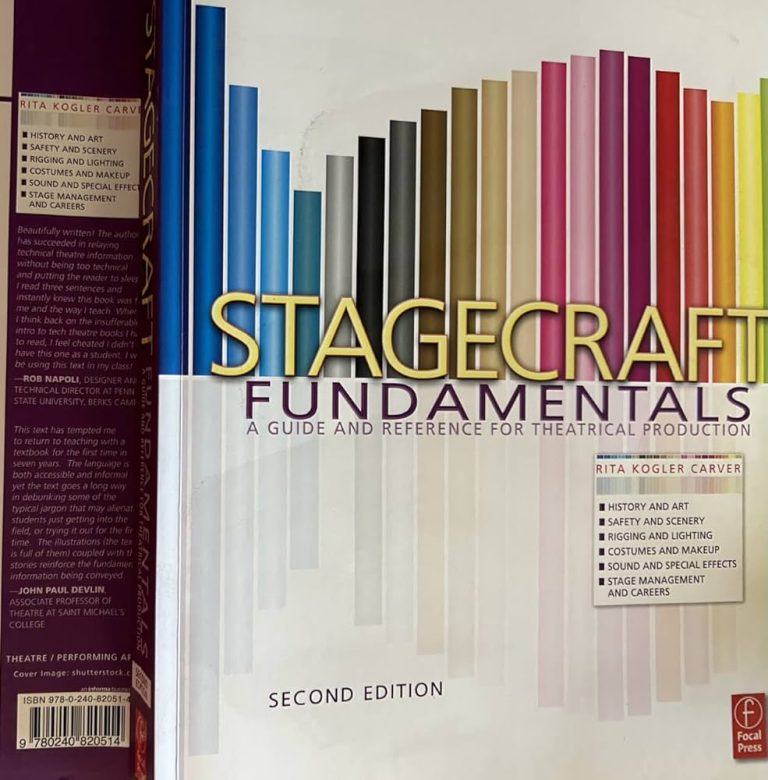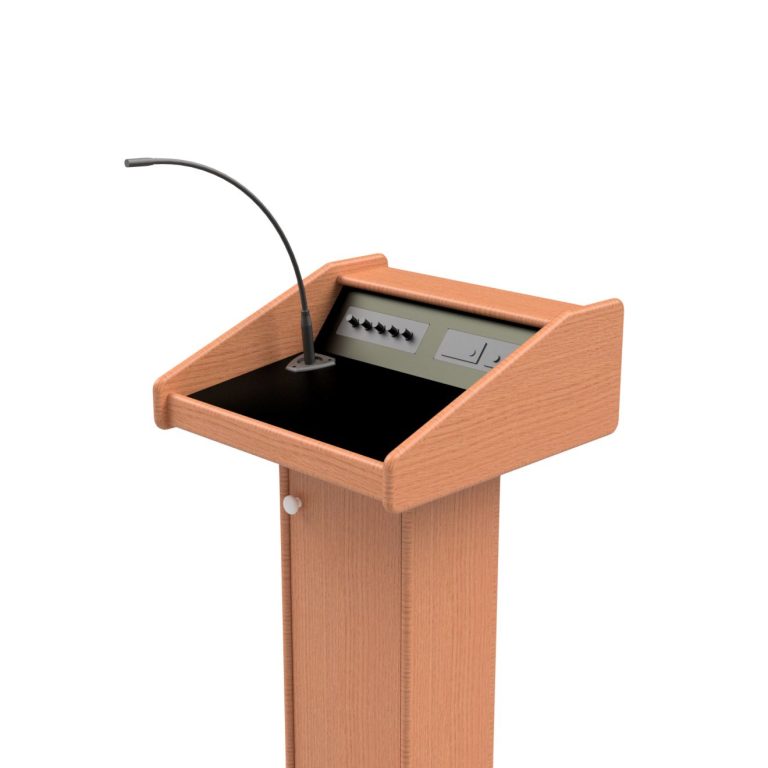Why Do I Always Use Filler Words?
Are you constantly finding yourself using filler words in your speech? Do you often wonder why you rely on these unnecessary crutches when communicating? If so, you’re not alone. Many individuals struggle with the habit of using filler words, which can hinder effective communication and leave a negative impression on others. In this article, we will delve into the reasons behind this common phenomenon and explore strategies to help you break free from the clutches of filler words. Get ready to unlock the secrets to more confident and impactful communication!
Have you ever wondered why you can’t seem to speak a sentence without throwing in a few ums, uhs, or likes? The prevalence of filler words in our speech is a common struggle that many of us face. Whether it’s nerves, lack of preparation, or simply a bad habit, these unnecessary words can detract from the clarity and effectiveness of our communication. But fear not! In this article, we will uncover the root causes of this linguistic phenomenon and provide you with practical tips to overcome the excessive use of filler words. Prepare to take your communication skills to the next level and leave behind those pesky fillers!
Using filler words is a common habit when speaking, and it can be caused by various factors such as nervousness, lack of preparation, or a desire to fill pauses. To reduce the use of filler words, try practicing mindfulness and being aware of your speech patterns. Additionally, preparing and organizing your thoughts beforehand can help you speak more confidently and reduce the need for filler words.
Why do I always use filler words?
Filler words are commonly used by individuals in their speech, often without even realizing it. These words, such as “um,” “like,” “you know,” and “uh,” serve as verbal placeholders or pauses in conversation. While they may seem insignificant, the excessive use of filler words can have various underlying reasons.
In many cases, the use of filler words is a result of cognitive processing. When we speak, our brain is simultaneously formulating thoughts, organizing ideas, and searching for the right words to express ourselves. Filler words provide a momentary break for our brain, allowing us to gather our thoughts and continue speaking without awkward silence. They help bridge the gap between our thoughts and the words we use to convey them, giving us time to think and articulate our ideas more effectively.
Moreover, filler words can also stem from social and psychological factors. Nervousness, anxiety, or a lack of confidence can lead to the overuse of filler words as a way to fill silence or appear more composed. People may also use these words to seek validation or approval from others, as they create a sense of engagement and connection during conversation. Additionally, societal influences, such as cultural norms or exposure to media, can contribute to the adoption of filler words as a communication style.
To overcome the habit of using filler words, it’s essential to develop self-awareness and practice effective communication techniques. One strategy is to pause and take a breath before responding, allowing yourself time to gather your thoughts and speak more intentionally. Another approach is to actively listen to others during conversations, as this can help reduce the urge to fill silence with unnecessary words. Additionally, practicing public speaking or participating in activities that boost confidence can gradually diminish the dependence on filler words.
By understanding the reasons behind the excessive use of filler words and implementing strategies to overcome this habit, individuals can enhance their communication skills, improve clarity, and express themselves more effectively.
How to Avoid Filler Words
In conclusion, the use of filler words is a common phenomenon that many individuals struggle with. It is important to understand why we rely on these words and how we can minimize their usage to improve our communication skills.
Firstly, filler words often serve as a crutch when we are unsure of what to say next. They provide a momentary pause that allows our brains to catch up and gather our thoughts. However, relying too heavily on filler words can hinder our ability to articulate our ideas clearly and concisely.
Secondly, the use of filler words can also be attributed to a lack of confidence in our speech. We may use these words as a way to buy ourselves time or to sound more knowledgeable. However, by practicing active listening, expanding our vocabulary, and enhancing our public speaking skills, we can gradually reduce our dependence on filler words and become more confident speakers.
Lastly, the overuse of filler words can negatively impact how others perceive us. It can make us appear less authoritative, less credible, and less persuasive. By being mindful of our speech patterns and consciously striving to eliminate unnecessary fillers, we can make a positive impression and effectively convey our message.
In conclusion, the use of filler words is a habit that can be overcome with awareness, practice, and self-discipline. By understanding the reasons behind our reliance on these words, boosting our confidence in speaking, and being mindful of their usage, we can enhance our communication skills and become more effective and engaging speakers. So let’s strive to minimize the use of filler words and let our words speak with clarity and impact.



